Lectura y educación en España: análisis longitudinal de las leyes educativas generales
DOI:
https://doi.org/10.24310/revistaisl.vi8.10993Abstract
Reading has emerged as one of the fundamental pillars of education in recent years, gaining a notorious relevance in consideration with other materials. Thus, the reading habit or reading skills are two of the most studied in recent decades and its social projection elements inevitably passes through the general education laws.In the present study, a comparative analysis of all the laws that emerged in Spain in the era of democracy, a spectrum that occupies nearly fifty years of history of the country, intending to trace how it is treated is made the subject of reading, reading habits and reading skills from the legal basis of education.
For this purpose, a thorough search of the most important to narrow that field and tracking the results in terms of appointments to the chosen terms are analyzed keywords is performed. The findings are compelling because, for example, the keyword "read" not even once appear in any of the texts consulted, nor the term "reading literacy" that although it is more
recent, and it was used from the 2000, so that from 2002 to LOCE (although not enter into force because it was not his approach and results evaluated) and the following laws could have been raised. Perhaps if the legal basis from which the rights and duties of society are consolidated argument fails on the field of reading is normal, systematically, the Spanish students rate below average in international tests PISA and PIRLS.
Downloads
Metrics
Downloads
Published
How to Cite
Issue
Section
License
All contents published in Investigaciones sobre Lectura are protected under the Creative Commons Attribution-NonCommercial-ShareAlike 4.0 International (CC BY-NC-SA 4.0) license. All about this license is available in the following link: <http://creativecommons.org/licenses/by-nc-sa/4.0>
Users can copy, use, redistribute, share and exhibit publicly as long as:
- The original source and authorship of the material are cited (Journal, Publisher and URL of the work).
- It is not used for comercial purposes.
- The existence of the license and its especifications are mentioned.
There are two sets of authors’ rights: moral and property rights. Moral rights are perpetual prerogatives, unrenounceable, not-transferable, unalienable, imprescriptible and inembargable. According to authors’ rights legislation, Investigaciones sobre Lectura recognizes and respects authors moral rights, as well as the ownership of property rights, which will be transferred to University of Malaga in open access. The property rights are referred to the benefits that are gained by the use or the dissemination of works. Investigaciones sobre Lectura is published in an open access form and it is exclusively licenced by any means for doing or authorising distribution, dissemination, reproduction, , adaptation, translation or arrangement of works.
Authors are responsable for obtaining the necessary permission to use copyrighted images.


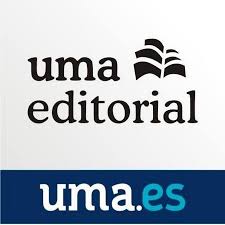
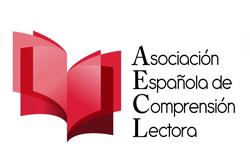
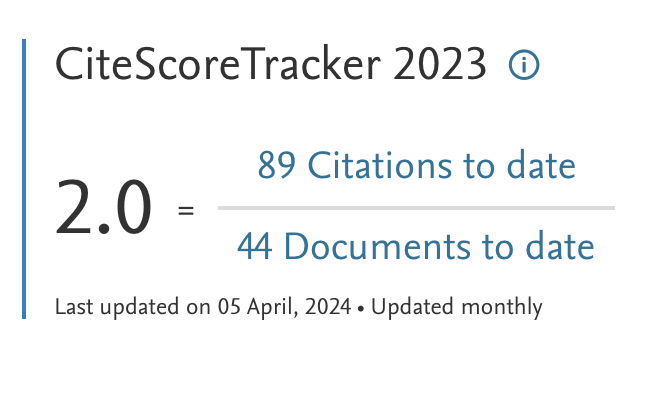
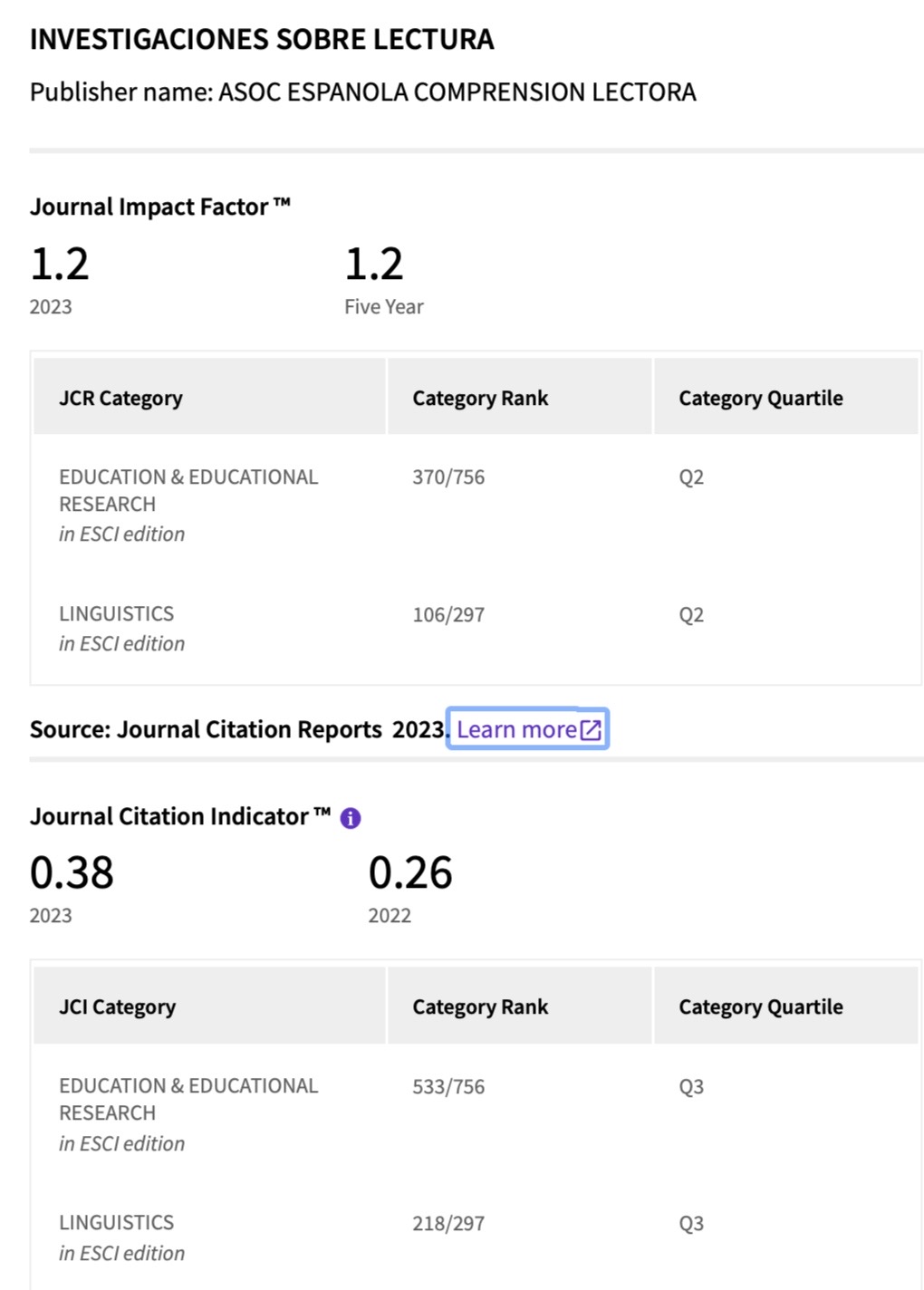
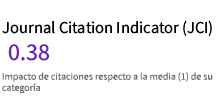
31.png)









